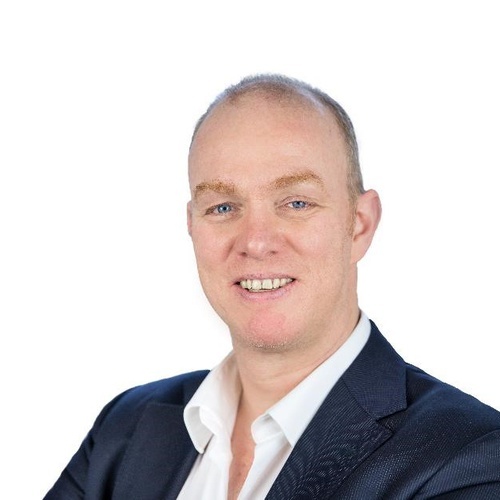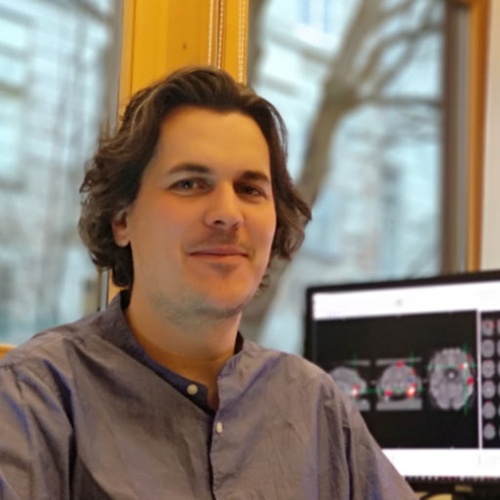Speakers
The Utrecht TMS course hosts a number of invited speakers who will share their expertise. You can find more information on our speakers below.

Kamran Nazim
Chief Product Officer, Soterix Medical
Kamran Nazim holds a Master's degree in Biotechnology and Entrepreneurship from New York University (NYU) and completed his undergraduate studies in Biomedical Engineering at the City College of New York (CCNY). With a decade of experience at Soterix Medical, Kamran serves as the Chief Product Officer, overseeing product design and development. He has spearheaded innovation, leading to the successful launch of over 10 products.
Bas Neggers
CTO/CSO, Brain Science Tools
Bas Neggers was trained as a biophysicist at the University of Nijmegen and obtained his PhD degree at the Max-Planck-Institute in Munich in 2000. Bas has performed brain research for his entire scientific career in the United States of America, Germany, as well as in The Netherlads. He founded Brain Science Tools in 2011 in order to pursue valorization of techniques developed at the UMC Utrecht to help patients benefit from innovative approaches.
Jord Vink
Technical physician, Brain Science Tools | UMC Utrecht
Jord is a technical physician and postdoctoral researcher at Brain Science Tools and the UMC Utrecht. His research interests include neurorehabilitation, brain connectivity and multi-modal TMS applications. He currently runs a phase-3 multicenter trial investigating rTMS treatment for the promotion of upper limb recovery after stroke in 16 rehabilitation centers in the Netherlands.
Fenne Smits
Postdoctoral researcher, University Clinical Center Utrecht
Fenne Smits is a post-doctoral researcher at the Brain Research and Innovation Centre of the Ministry of Defence. She investigates the effects of tDCS and tACS on psychotrauma-related complaints in military personnel and cognitive-control in healthy participants.